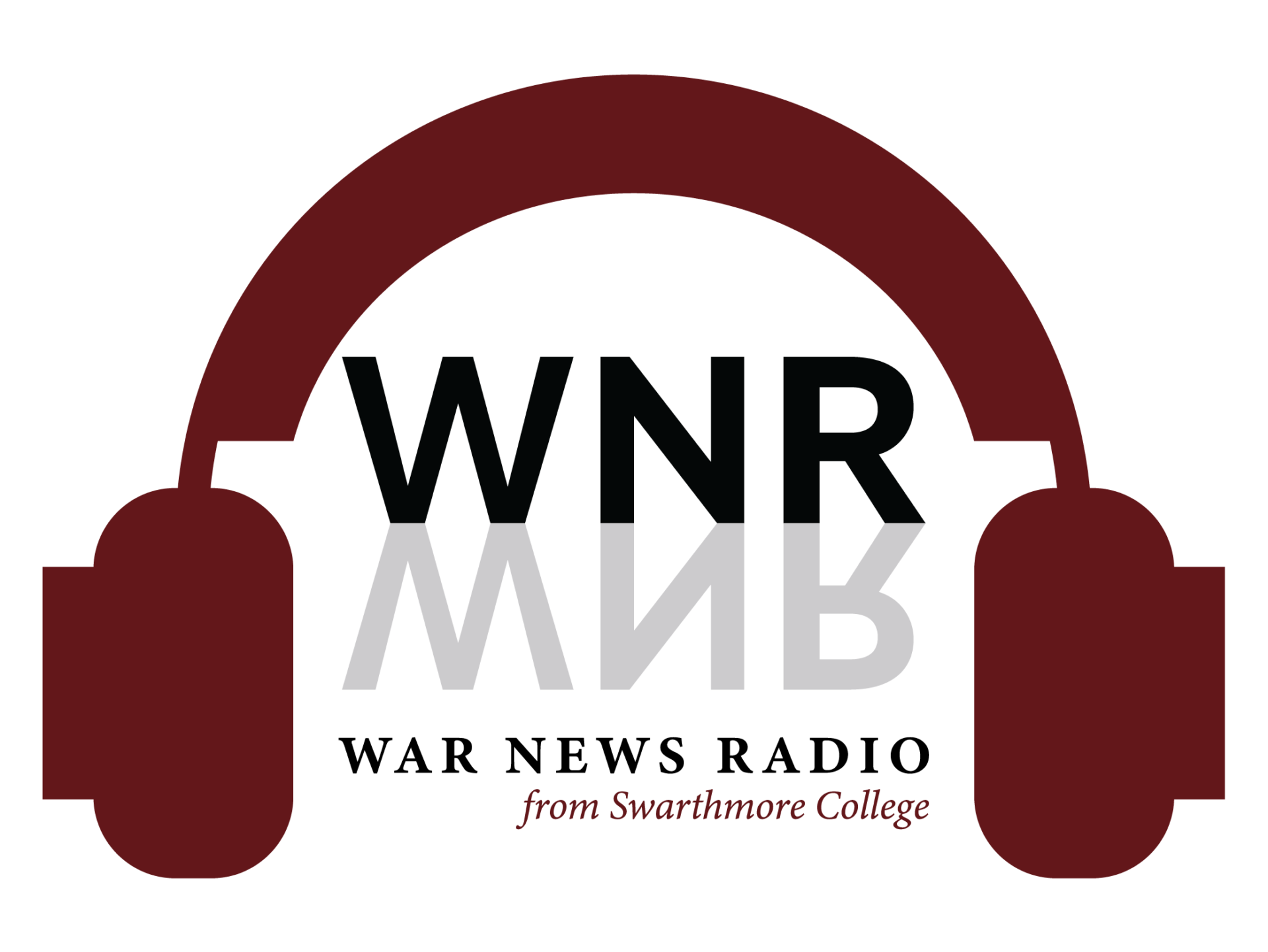The battle for press freedom in Tunisia rages on
Tunisia has a new democratic government, but journalism is still in the hands of the old guard
As the doors of the arrival lounge at Carthage Airport in Tunis swing open, 20 taxi drivers begin shouting in Arabic, French and English. We are jostled outside, bundled into a cab and our driver is away, jumping the curb and speeding off down the highway. “It wasn’t like this before the revolution,” he says. “There was order before. Now it is every man for himself.”
The Journalism Foundation is in Tunis this week with its first project, training journalists in “Reporting in a Democracy”.
One year after the collapse of Zine El Abidine Ben Ali’s government, the outcomes of the Tunisian revolution are less than clear. Nowhere is this more evident than in the press, where early gains in freedom of expression have given way to mounting frustration which boiled over last month.
On 27 January, a statement from the journalists’ union was released under the headline: “No to assaults against journalists, no to restrictions on freedoms of expression, and no to guardianship over media.” The battle for freedom of the press in Tunisia still continues.
Tunisia has a new democratically elected government, but the state broadcasters and many privately owned media outlets are still in the same hands as they were before the revolution.
“Many of the journalists who were in control of the media under Ben Ali are still in control,” says Murad Teyeb, a Tunisian journalist. “Now that things are beginning to change, international organisations are giving money to develop Tunisia’s media without knowing where it is going. We don’t need this kind of support; what we need is basic training. Some so-called journalists can’t even spell their own name.”
This is a sentiment echoed by a number of the journalists during a discussion in the morning session at the Hotel Diplomat. The discussion focuses on problems since the 2011 uprising.
“Neutrality is a very big problem for journalists. The public still regard reporters as being incredibly biased, either personally or politically,” says Sarah Ben Hmida, a journalist who works for the ABS television network.
She goes on to say that the explosion of citizen journalism, while evidence of growing media plurality, is also endangering the professionalism of the media. “Some bloggers and journalists are quite simply paid to write stories for political reasons.”
“For the media to continue to develop, we need new faces alongside the old’, says Adnan Chaouachi, a radio journalist and media advisor. But he also believes that representatives of the old media can be retrained, rather than the system needing to be replaced wholesale.
Everyone speaks of the necessity of training. Everyone says that such training must begin now. But everyone agrees that the transition to a free press is going to be a long, slow process.
• Charlie Burgess is managing editor of The Journalism Foundation. He and other foundation representatives and lecturers from City University were in Tunisia this week
from Charlie Burgess
via http://www.guardian.co.uk/media/2012/feb/17/press-freedom-pressandpublishing
